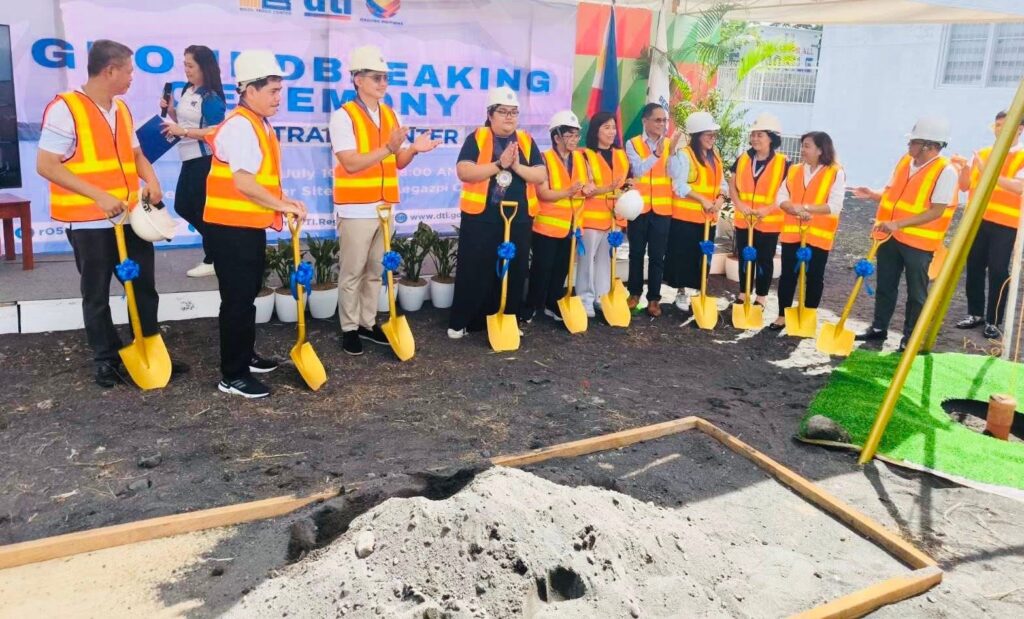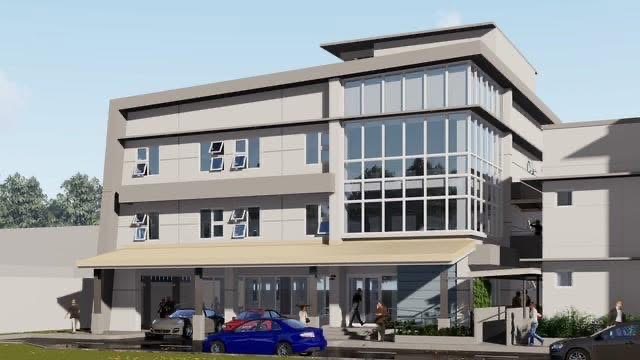Archie Sacay, 44, of Naga City, was a former restaurant manager for an international company in the Philippines. He spent a decade working abroad before returning home during the pandemic. With an urgent need to support his family, he used his remaining capital to start a frozen meat business in 2021, responding to the shortage of fresh meat during lockdowns.
After six failed ventures, it was a last-ditch effort—if this one didn’t work out, he planned to go back overseas as an OFW. He encountered several challenges, particularly in staffing. But with the help of the Department of Trade and Industry’s (DTI) business improvement programs, especially the Go Negosyo Kapatid Mentor Me (KMME) initiative, Sacay found a way to adapt.
Instead of running a full-time store, he shifted to a “rolling” store setup that allowed him to suspend operations when staff were unavailable, saving on rent and utilities.
“Malaki yung natutunan ko with regards sa KMME program,” Sacay said. “Lahat ng area with regards to operation—marketing, supply chain, yung human resource, accounting—malaki yung tulong, para siyang master class and napaka useful sa business.”
Now four years into his business, Chebe’st Meatshop continues to grow—proof that resilience, paired with proper support and strategy, can lead to success.
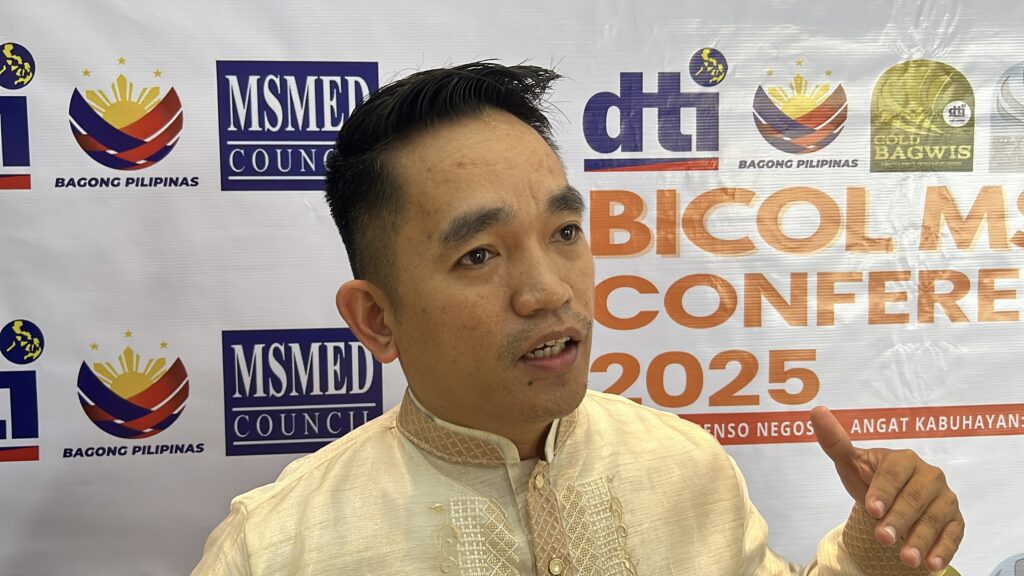
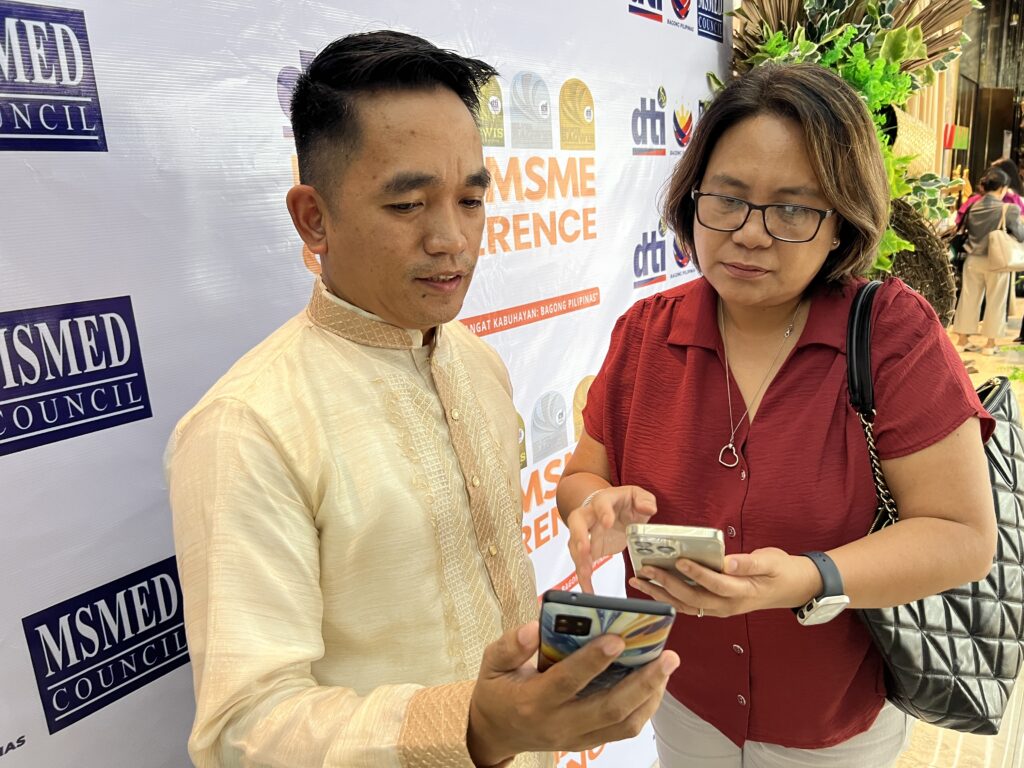
Sacay was among the more than 200 entrepreneurs, innovators, and industry leaders from across the Bicol Region who participated in the 2-day Micro, Small, and Medium Enterprises (MSME) Conference held on July 10–11, 2025, in Legazpi City.
The event, organized by DTI, focused on strengthening MSMEs’ role in local and national development. According to Assistant Secretary Leonila Baluyut of the Regional Operations Group, the conference aimed to underscore the importance of MSMEs as the backbone of the Philippine economy, contributing 45.49 percent to the country’s GDP.
The conference forms part of a five-point agenda for MSME development: mentoring, digitalization and AI adoption, financing, diversification, and franchising.
Baluyut said that while financial limitations continue to hinder business expansion, DTI is working with local government units (LGUs) to address these issues. Government-driven digitalization is also being pushed as a way to improve efficiency and solve operational challenges.

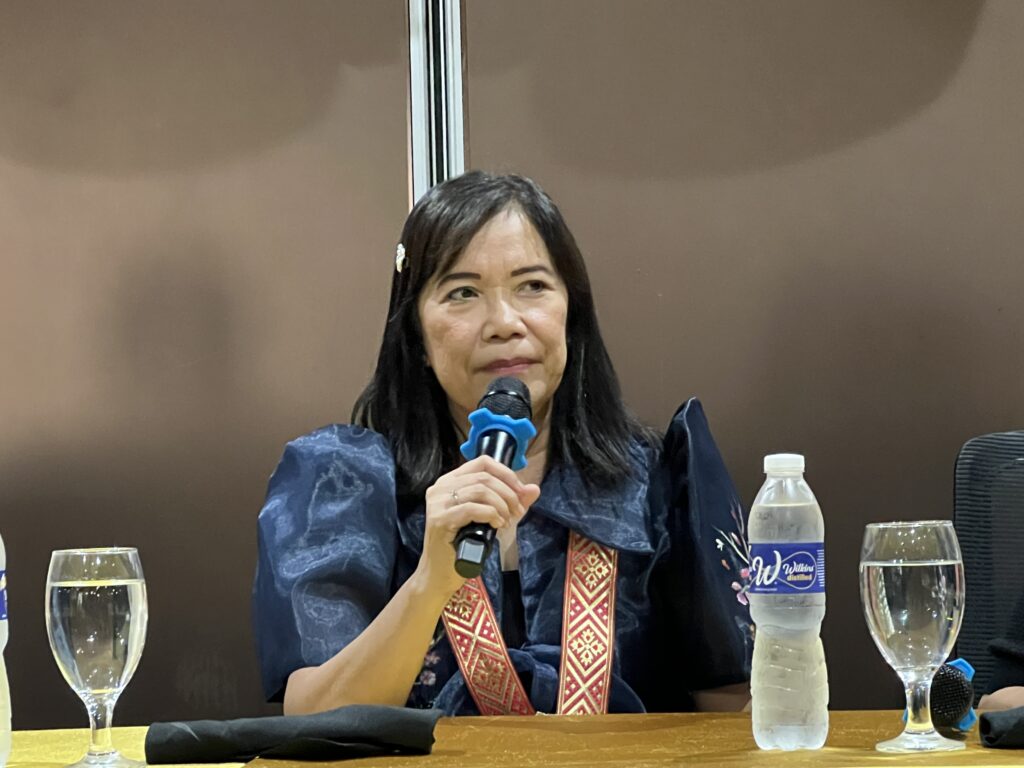
DTI Region V Director Dindo Nabol pointed out that production and supply concerns in the value chain remain a major issue, especially since DTI’s focus is primarily on the manufacturing sector. He cited recent complaints from pili processors about high prices due to limited supply and noted that the abaca industry in Catanduanes continues to struggle after recent typhoons damaged plantations.
To address these concerns, DTI is coordinating with agencies like the Department of Agriculture and encouraging producers to stock up on raw materials during peak seasons to ensure continuity during lean months.
Nabol also emphasized the importance of preparing MSMEs for climate-related disruptions. Through partnerships with the private sector—such as SM malls in Bicol—DTI has helped tenants undergo business continuity planning that includes disaster preparedness before, during, and after calamities.
As part of its broader support, DTI has established 91 Negosyo Centers across Bicol, giving entrepreneurs access to business registration services, mentorship, and financing assistance.
Its Shared Service Facilities (SSF) project has also played a key role in enhancing production capacity among small businesses by providing equipment like food processors, weaving machines, and packaging tools. Notable examples include the ceramic arts center in Tiwi, Albay, and abaca processing hub in Catanduanes, which have helped preserve traditional crafts while generating employment and increasing income.
Meanwhile, under the One Town, One Product (OTOP) Next Gen initiative, DTI continues to help local MSMEs improve their branding and link their products to national and international markets. Regional specialties such as pili-based delicacies, spicy food products, and handwoven items are now receiving wider recognition.
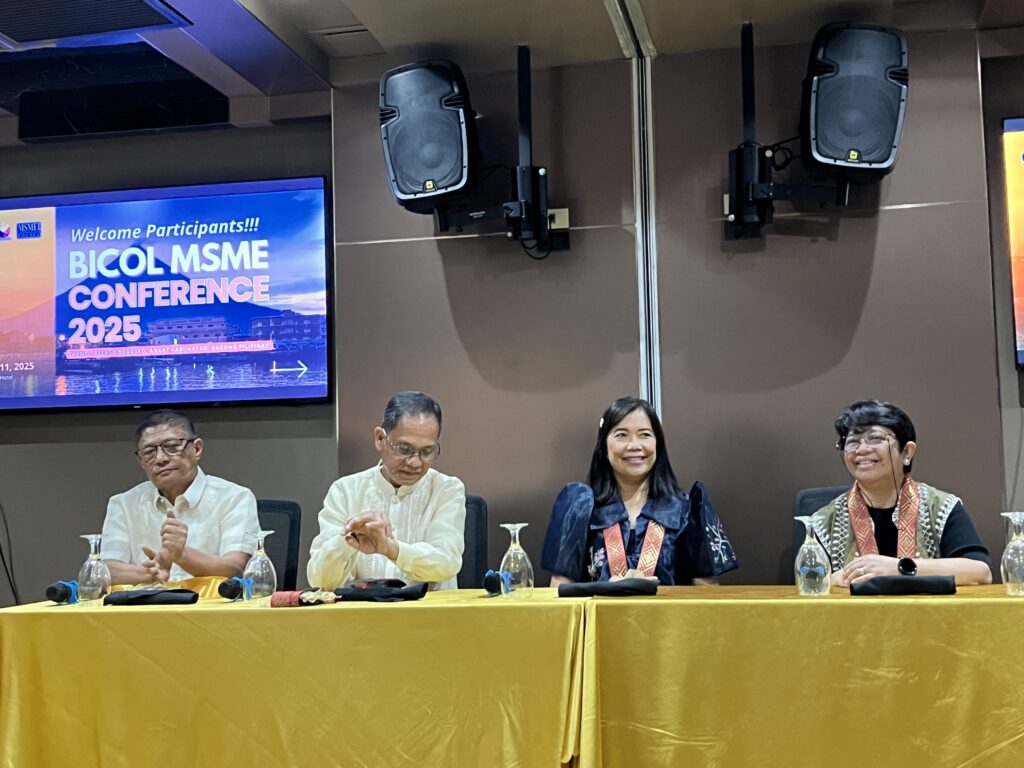
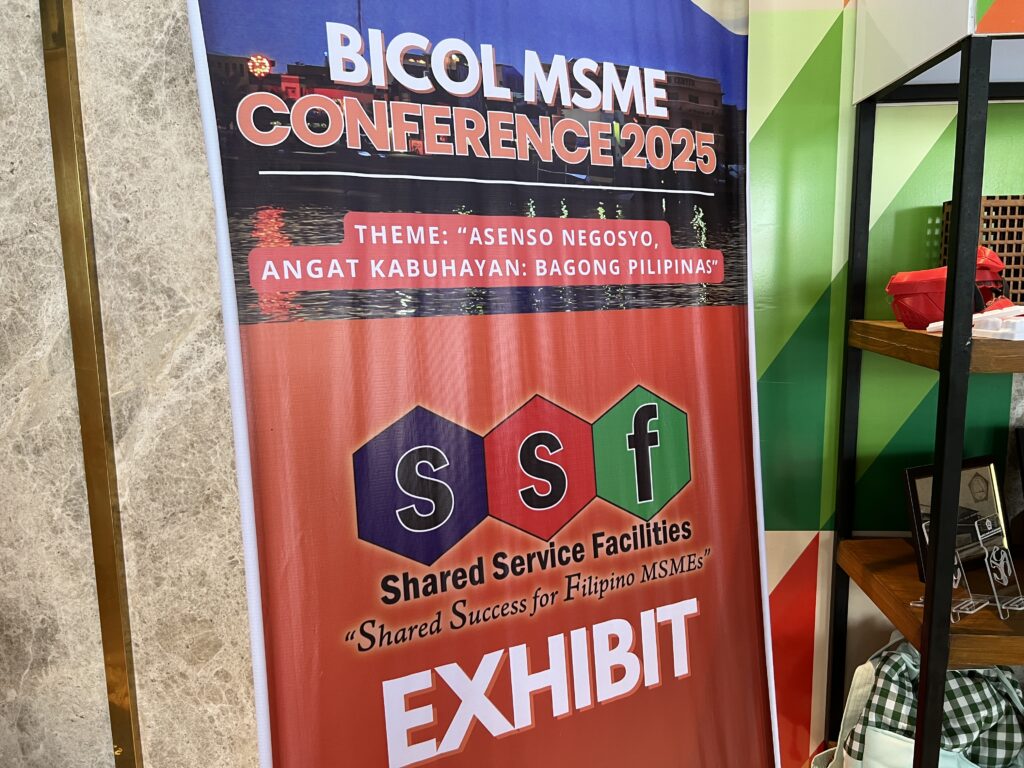
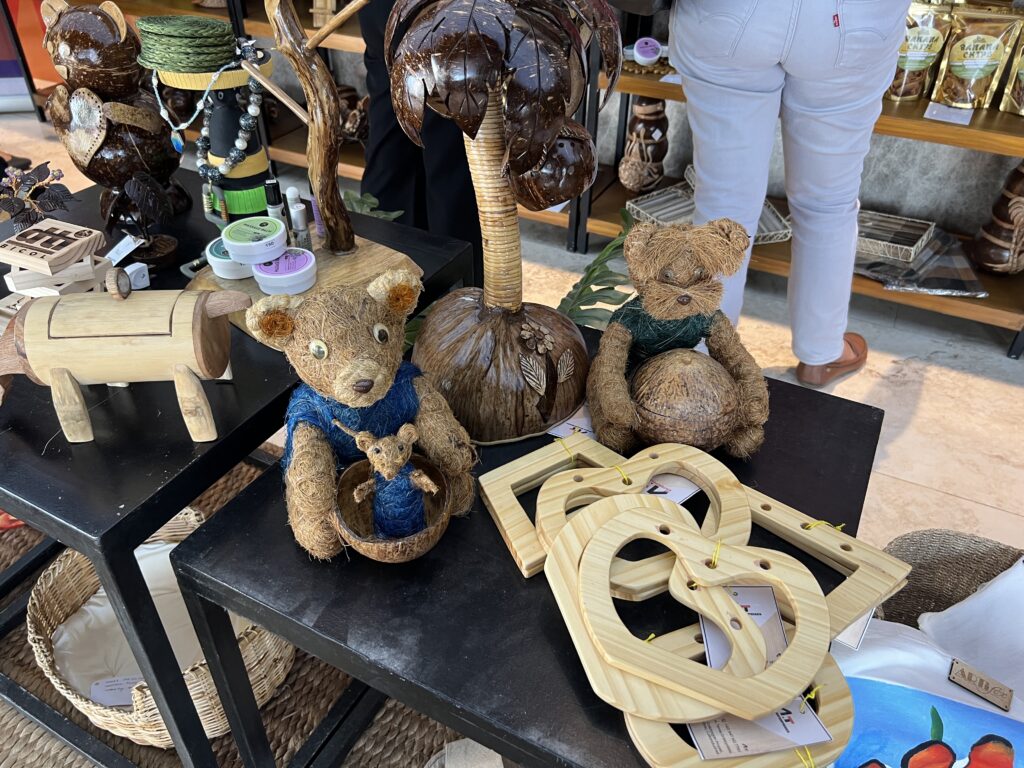
A key event ahead of the conference’s formal opening was the groundbreaking ceremony and time capsule laying for the upcoming Bicol Trade Center, to be constructed within the DTI Region V compound in Legazpi City.
According to Nabol, the center will function as a one-stop facility for exhibitions, large gatherings, and training activities, all aimed at further empowering Bicol’s MSMEs and boosting regional economic development. | Story by Nico Jaymalin
